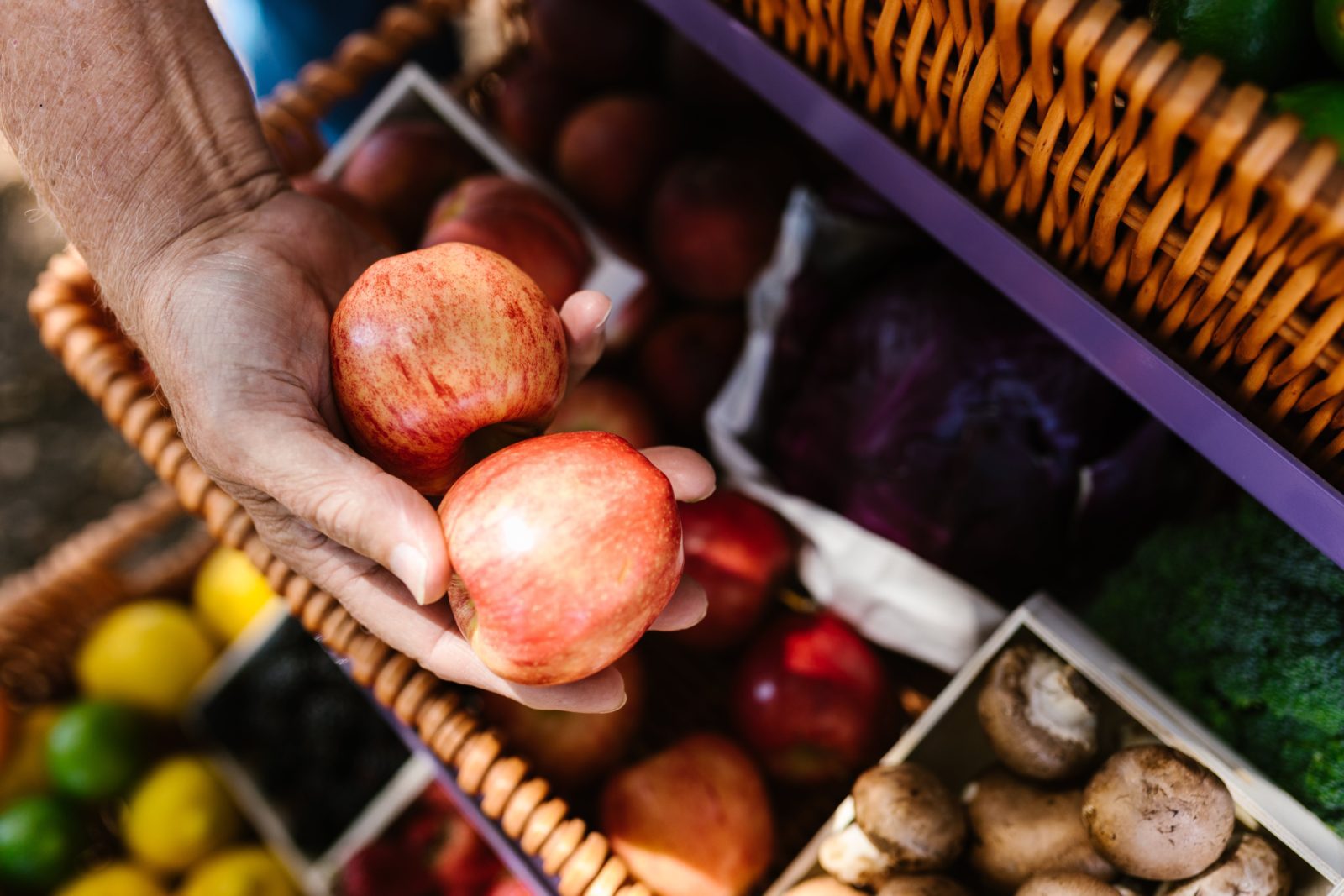A new network of mobile and stationary food aid distribution centers in the Czech Republic has been successfully operating for half a year. Already, 163 cities and municipalities have shown interest in these services, and they have reached more than 180,000 people. The Czech Federation of Food Banks chairman, Aleš Slavíček, reported this to the Social Committee of the Chamber of Deputies.
The municipalities and their social departments decide who receives a food package at the distribution centers. Social workers recommend those who may need help, and it’s not a service anyone can request off the street.
Children, teenagers, or their legal representatives are among the most significant food aid recipients. They make up a third of the distribution center’s clients. Homeless individuals make up a fifth of the clients, and those with health impairments and people over 65 each make up a tenth.
The start of these food distribution centers represents a significant step towards reaching those in need and providing food aid in places previously unavailable. It is a response to the increasing demand. Currently, the distribution of up to two and a half thousand food packages takes place weekly, marking a large amount of direct aid.
Regarding supplying food and hygiene goods, the situation of the food banks is currently good. “At the end of the year, we managed to catch up with the shortfall from the first half of the year when chains and companies donated less, and conversely, there was a significant increase in people in need,” summarized Slavíček.
The banks ultimately surpassed their results from 2022, distributing 11,330 tons of food and helping 313,000 people. Last year, they distributed more than 12,000 tons of food and supported 400,000 individuals.






